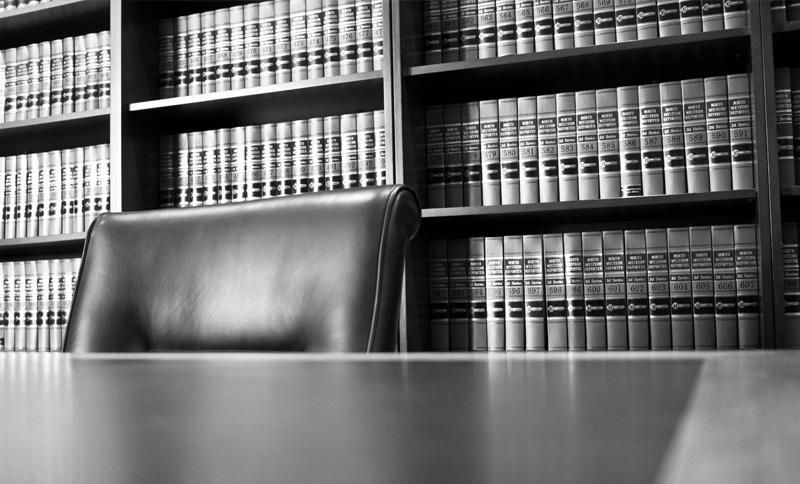Grounds For Appeal
Only certain convictions can be appealed. The guidelines are often difficult to understand.
Criminal cases, specifically misdemeanor and felony convictions, are the most common offenses that are taken to appeals courts. The process involves taking the judgment from one court and bringing it to a higher court for the appeal, such as going from a county court to the state.
These are some of the grounds that can form the basis for an appeal:
-
No hearing requiredPhysical evidence (guns, drugs, DNA, drug paraphernalia, weapons, cell phones, and other property) was obtained in violation of a person's Fourth Amendment rights to be free from unreasonable and warrantless arrests and searches
-
Identification evidence (lineups, photographic arrays, show-up identifications) were obtained in violation of a person's Constitutional rights
-
Statements or confessions were obtained in violation of a person's Miranda rights, Sixth Amendment rights, and Fifth Amendment rights
-
A person's right to a speedy trial was violated because the court or the prosecutor delayed the case too long
-
The evidence was legally insufficient to establish guilt of a charged crime
-
The verdict was against the weight of the evidence
-
Jurors were selected by the court which were not qualified to serve as jurors
-
The opposing party's lawyer unlawfully discriminated against jurors based upon race, sex, religion, national origin, or some other protected status
-
Evidence was admitted at the trial which unfairly prejudiced a party
-
Evidence was received by the court that was inadmissible and violated a person's rights
-
Members of the jury engaged in legal misconduct
-
Prosecutors engaged in prosecutorial misconduct or used unfair or unlawful tactics
-
Prosecutors withheld key evidence or evidence which was favorable to the defendant
-
The trial attorney rendered ineffective assistance of counsel
-
The court issued erroneous or incorrect instructions on the law to the jury




